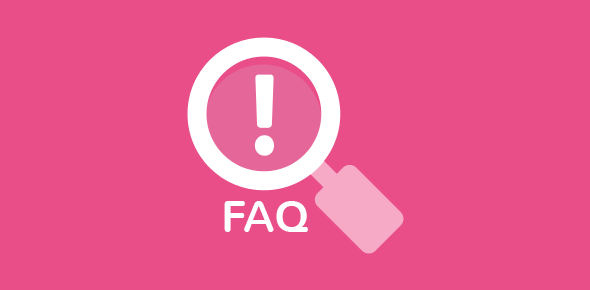A lot of people hesitate in asking questions. Many of them feel shy, others think their query is “too dumb” or “too simple” and they might get laughed upon. Whatever the reason, if you don’t ask a question you shall remain ignorant of the answer. No one was born with all the knowledge of the world. We’ve learnt things over time – by reading and asking questions.
On this page you will find few of the queries I received the past couple of months. If you think these questions are too simple, you might be in for a surprise. – you may find things you didn’t know.
Sponsored Links
If you too have a question, send it across using the form below – don’t feel shy – at least not on the web!
Is Google the world’s best search engine?
The Google search engine is the world’s most popular search engine… yes! Whether it’s the best or not depends on what you are searching for. No web search engine – not even Google – can claim to be complete. There is simply too much information on the web. However, Google is one of the best and I say this based on the relevancy of results and the speed with which it provides them, the simplicity of its interface, the large number of web pages it has in its indexed database and the speed at which it updates this database. Refer Best search engine – ranking factors for some important factors that can help rank search engines.
Is Google.com a web server?
No! Google.com is not a web server. It’s an interface to the Google search engine. What you see prominently displayed on the Google.com is a web page with a text field, a couple of buttons and a few links. The text field is for you to type in your query and submit it to the search engine by clicking on one of the buttons. The Google web site, just like any other on the internet, is located on a web Server computer which runs a web server program. Confused with similar nomenclature? Refer what is web server for details.
Is Google.com a search engine?
Again NO! Google.com is simply a web page and a frontend to the search engine. You use this web page to enter your search query. The search engine runs behind the scenes and displays the results it finds. A web search engine has much more to it than the simple interface and the search engine program. Please refer what is a search engine for details.
Why do different search engines show different results for the same query?
Not all web search engines are equal – just like humans. The most popular ones like Google, Yahoo!, MSN, AOL etc. are comparable but each shows different results for the same query. This is because each search engine has a different indexing algorithm which determines how it ranks web pages for a given query. The indexing algorithm is a closely guarded secret and is one of the most important factors in determining the efficacy of searches.
Does someone check the information on the web? (OR, reframed) Can I believe what I find on the web?
Not everything on the web is true. Though some conspiracy theorists would have you believe in the opposite, the content of the web is not monitored by an authority. With tons of tools and services available nowadays, anyone can make a web site and write what they feel is correct. And so a lot of information online is actually wrong, biased or simply distorted. Search engines cannot make a sensible judgement to the veracity of the information. Their job involves querying what they have in their index.
For instance, a couple of years back, if you queried for “miserable failure” (or simply “failure”) in Google, the search engine would point you to the official web page of George W. Bush. This is a choicest example how things can be warped on the web. If you want to know how it came about, search Google for “google bombing failure george bush”.
I cannot find the audio or video files I want on the web
Not everything on the internet and the web can be indexed. Good examples of this would be audio and video files. Let us say you have a couple of MP3 files of the song Stand By Me – one is the original by Otis Redding and another a cover version of the same by The Beatles. How would a computer program differentiate between the two? How will it know which of these is the original? And the job of the computer based program becomes tougher if it has to analyze and index video files.
To make it easy for computers to index video or audio files, human generally name these files appropriately. So the Otis Redding song can be named as Otis_Redding_Stand_By_Me.mp3. Also, if the song file is placed in a document on the singer, the computer program can potentially come to a conclusion that the embedded audio file is one by Otis Redding.
Similarly, if the people who upload videos on Youtube do not provide sufficient information (or enter useless and irrelevant information) for the movie, it would not show up in appropriate searches.
How did Google become such a popular search engine?
There are several reasons why Google rose to the top and is now the most popular search engine in the world. I would put relevancy of search results as the number one factor followed by the simplicity of its interface. The company spends millions of dollars each year in research and development of better search and indexing algorithms to provide us with cleaner and pertinent results; and this has indeed paid off handsomely.
Google’s search engine interface (www.google.com web page) makes it very clear what the company wants to “promote”. Other search engine players like Yahoo!, MSN etc have always had a more “portal” look, pushing several services on the homepage like email, news etc.
By the way, Google’s is not the most used search engine in all markets. For example, in China, www.baidu.com is the most popular search engine with a little less than 60% of the share (Quarter 2 of 2007 as per CnetNew.com – www.cnetnews.com.cn/2007/0724/436545.shtml.






